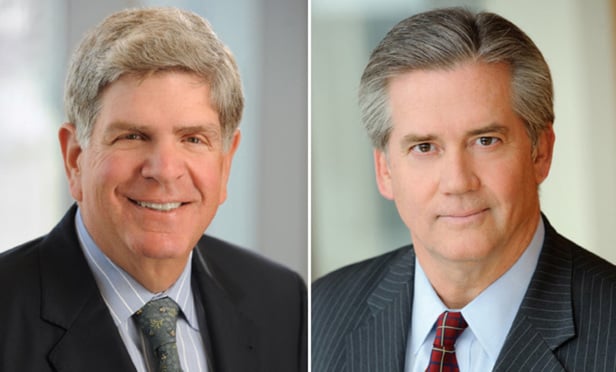Since March 16, 2016, when President Barack Obama nominated Chief Judge Merrick Garland to fill the vacant seat on the U.S. Supreme Court, much has been written about the political standstill surrounding his confirmation. While Senate Republicans refuse to grant Garland either a hearing or a vote, Democrats tout his reputation as a fair-minded and moderate jurist, known for being a consensus-builder on the U.S. Court of Appeals for the D.C. Circuit where he currently sits as chief judge.
Though his confirmation seems far from a sure thing, many have wondered what we could expect in the antitrust domain if Garland were to take Justice Antonin Scalia’s now-empty seat on the high court. One distinct possibility is an increase in the number of antitrust cases heard by the Supreme Court. Though his experience with the subject matter does not rival that of Justice Stephen Breyer, who served as a special assistant to the U.S. Assistant Attorney General for Antitrust before his appointment to the U.S. Court of Appeals for the First Circuit, Garland has shown an affinity for the topic prior to his own appointment to the D.C. Circuit in 1997.
State Action Doctrine
This content has been archived. It is available through our partners, LexisNexis® and Bloomberg Law.
To view this content, please continue to their sites.
Not a Lexis Subscriber?
Subscribe Now
Not a Bloomberg Law Subscriber?
Subscribe Now
LexisNexis® and Bloomberg Law are third party online distributors of the broad collection of current and archived versions of ALM's legal news publications. LexisNexis® and Bloomberg Law customers are able to access and use ALM's content, including content from the National Law Journal, The American Lawyer, Legaltech News, The New York Law Journal, and Corporate Counsel, as well as other sources of legal information.
For questions call 1-877-256-2472 or contact us at [email protected]



